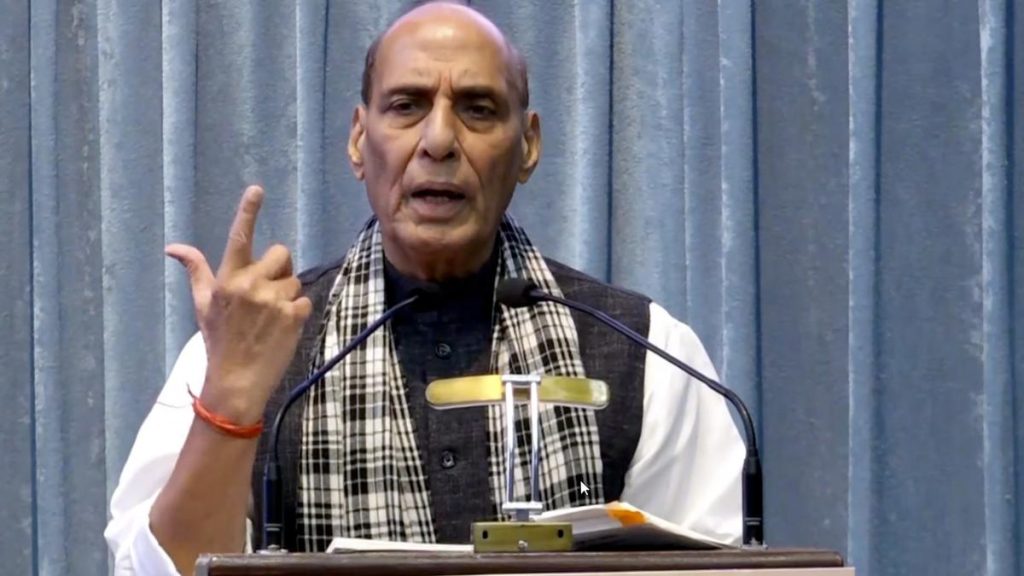Now Reading: Kattakada Cuts Carbon Emissions by 47% in Five Years: CWRDM Study
-
01
Kattakada Cuts Carbon Emissions by 47% in Five Years: CWRDM Study
Kattakada Cuts Carbon Emissions by 47% in Five Years: CWRDM Study

Quick Summary
- Kattakada Assembly constituency recorded a 46.75% drop in carbon emissions between 2019 and 2024, per a study by the Center for Water Resources Development and Management.
- Carbon emissions fell from 2,67,292 tonnes of CO₂ equivalent (tCO₂e) in 2019-2020 to 1,42,319 tCO₂e in 2020-2024.
- Despite progress, Kattakada still needs to reduce 81.7% of excess carbon or at least another 31.7% to mitigate adverse effects and achieve carbon neutrality.
- Key contributors to emission reductions include renewable energy adoption (such as the Soura solar project), waste management initiatives (Malinya Muktham Kattakada), and water conservation efforts (Jalasamrudhi).
- The audit covered six grama panchayats: Malayinkeezhu emerged as the highest emitter (34.3%), followed by Vilappil (19.5%) and Kattakada itself (17.9%). All six panchayats improved cumulative carbon sequestration rates over time.
– Natural sinks contributed 16.1% of sequestration; human-led activities accounted for an additional reduction of 2.2%.
– Energy remains the largest emitting sector,while transport emissions have risen due to reliance on fossil fuels; agriculture and waste sectors showed declines.
- Proposed measures include expanding renewable energy coverage, promoting electric vehicles/charging infrastructure, introducing zero-emission public vehicles/taxis/buses, encouraging e-bikes/shared mobility/non-motorized transport systems; longer-term priorities involve alternative fuels like biofuels/hydrogen integration into municipal power grids.
Indian opinion Analysis
The significant reduction in carbon emissions within Kattakada demonstrates that focused interventions-ranging from renewable energy projects like Soura Solar to robust waste management programs-can yield measurable environmental benefits even at regional levels within India’s diverse landscape.
However, the report underscores challenges that remain: achieving full carbon neutrality requires substantial acceleration beyond current gains (+31%-81%), highlighting persistent reliance on fossil-fueled sectors such as transport despite marked progress elsewhere like agriculture or waste remediation.
What makes these findings pertinent is how targeted community-scale initiative models could extrapolate lessons applicable across different constituencies nationwide facing similar sustainability transitions-as well collaborative policymaking links both surrounding behavioral-civic engagement AND infrastructural upgrade investments Local Public Governance/smart hybrid/forward-input-to acheive quicker promising connectivity recognisably evolving scalable module designs future steady env Outcomes Sustainable emittion betterment readings!.
For more details /read-details system outputs forwarded@

























